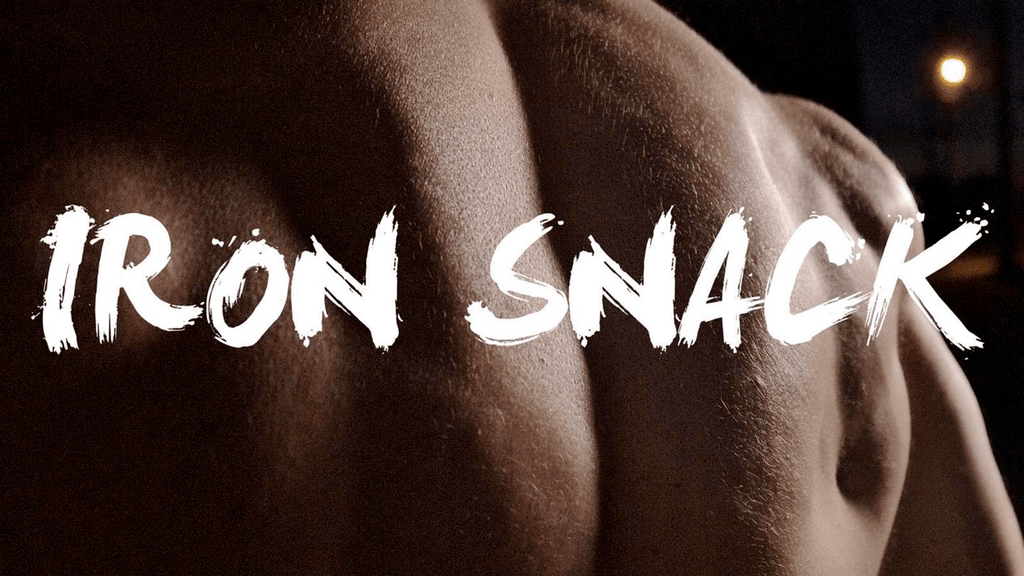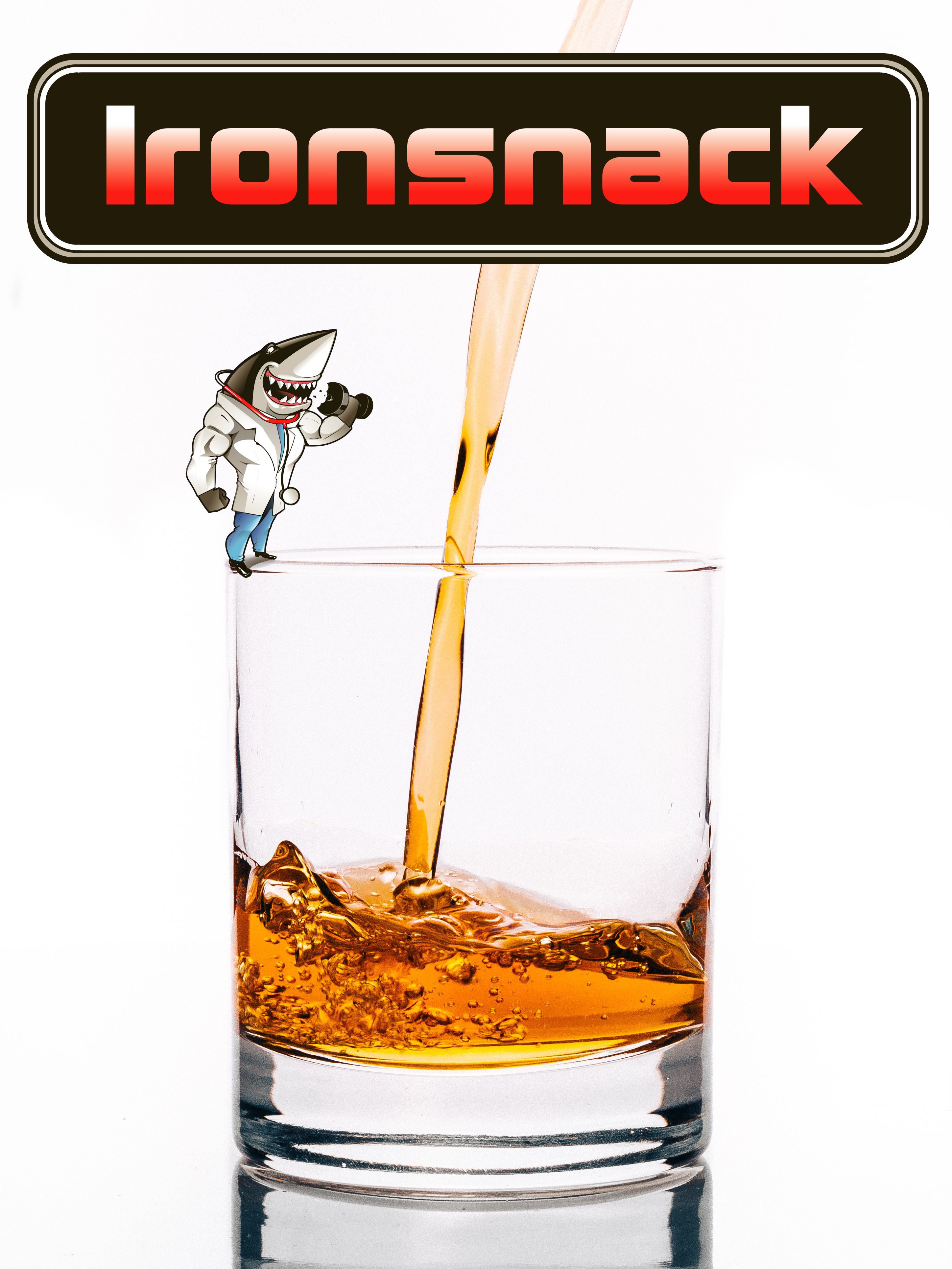Alcohol alters your strength, power, endurance and muscle size
Alcohol along with many other things can hinder you ability to gain muscle. Alcohol consumption came sometimes go right along with lack of sleep (all night benders) and poor nutrition (greasy drunken burger cravings). Alcohol consumption has many negative effects on the human body. We have probably all found out the hard way alcohol can dehydrate you. It dehydrates you by blocking the action of ADH (anti-diuretic hormone) a hormone that allows your kidney to prevent excess loss of water from your body. When the body is reduced by 2% or more of total body water it directly affects your performance and also can reduce muscle volume. Being dehydrated can decrease strength (by approximately 2%), power (by approximately 3%) and high-intensity endurance (by approximately 10%). There have also been studies on how it has affected muscular development. One study found a decrease in MPS (myofibrillar protein synthesis) this directly affects muscle hypertrophy (increase in muscle size). This decrease in protein and therefore muscle synthesis occurred even when protein was supplemented along with the alcohol. This leads to an inefficient post workout recovery period and the interruptions to this critical period less gain of muscle size. Studies in rats have shown that alcohol consumption may also compromise muscle integrity. This is evident through increases in plasma creatine kinase (marker for muscle damage). Meaning that if you drink around the time that you are lifting increased muscle damage may be occurring. If that wasn’t enough it has also shown to suppress testosterone levels. A hormone not only important for muscle development but also reproductive health. Also, don’t forget the caloric aspect of alcohol consumption that we discussed in our macronutrient article. So next time you are thinking about having a drink before, after….. or during your workout you now know why you should skip it.
Alcohol and your workout sources:
https://www.ncbi.nlm.nih.gov/pmc/articles/PMC3707098/
https://www.ncbi.nlm.nih.gov/pubmed/17887814
https://www.ncbi.nlm.nih.gov/pubmed/6539360
https://www.ncbi.nlm.nih.gov/pmc/articles/PMC3257708/
http://journals.plos.org/plosone/article?id=10.1371/journal.pone.0088384
https://pubs.niaaa.nih.gov/publications/arh25-4/282-287.htm

